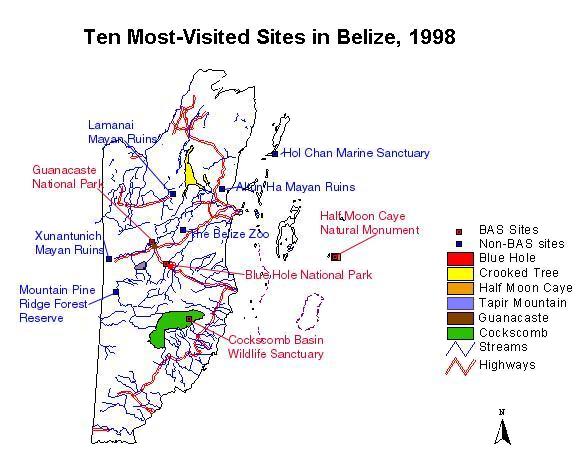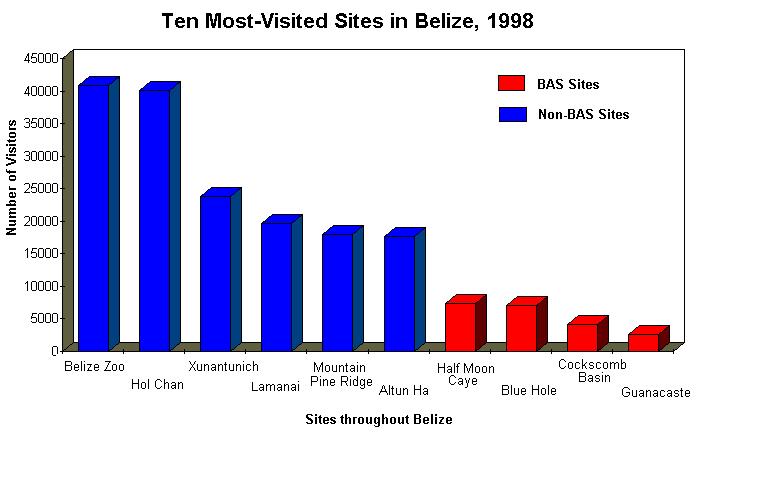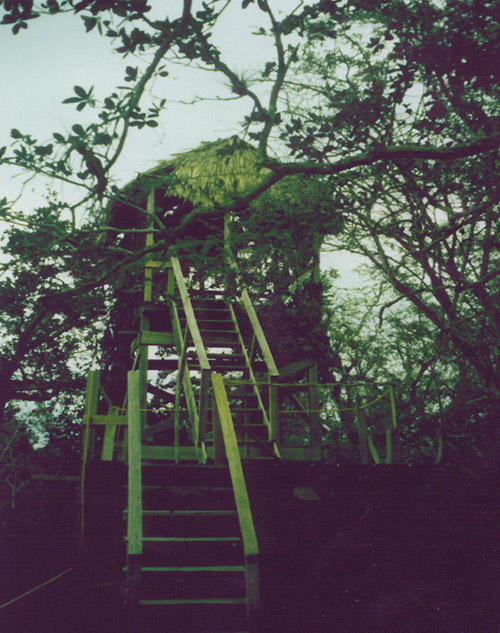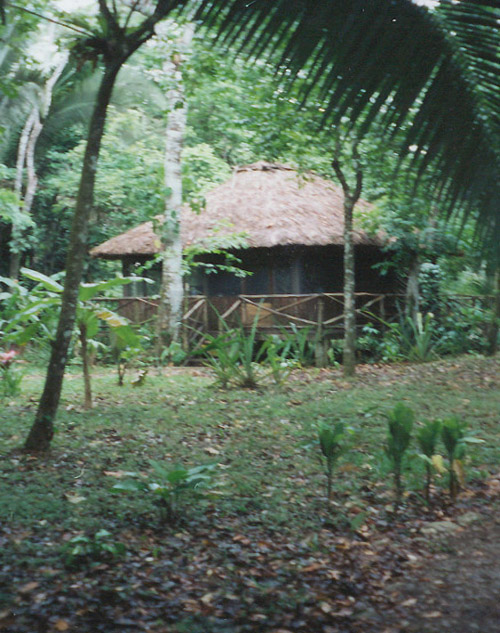Examining the Management of
Belize
Audubon Society's Protected Areas,
Belize, Central America
Ecotourism
Defined by The Ecotourism
Society as “responsible travel to natural areas which conserves the environment
and sustains the well-being of the local people,” ecotourism has become
the fastest growing niche in the travel industry. Despite criticism
from skeptics who question whether ecotourism is more than mass tourism
promoted with a “green” label, ecotourism has gained considerable recognition
in the past decade as a viable alternative to more destructive forms of
development, particularly in developing areas.
Belize is no exception to
the worldwide growth in ecotourism development as tourist arrivals have
more than doubled in the last 7 years, and a majority of those (65%) participated
in some form of nature-based activities, such as bird watching or hiking,
while in Belize. In fact, each of the ten most-visited sites in 1998
were protected areas sheltering natural and cultural resources.


While ecotourism does provide
income for protected-area management and incentives to protect additional
protected areas, there are significant economic, social and ecological
costs associated with ecotourism that must be evaluated when planning for
ecotourism as a piece of protected-area management. This project
will evaluate key issues associated with ecotourism in BAS protected areas,
such as coordination with local communities and partnerships with other
nonprofits, and offer recommendations for future management.
Visitor Infrastructure
in and near BAS Protected Areas

Viewing platform in Crooked Tree Wildlife
Sanctuary
|

Thatched Cabins near Blue Hole National
Park
|



